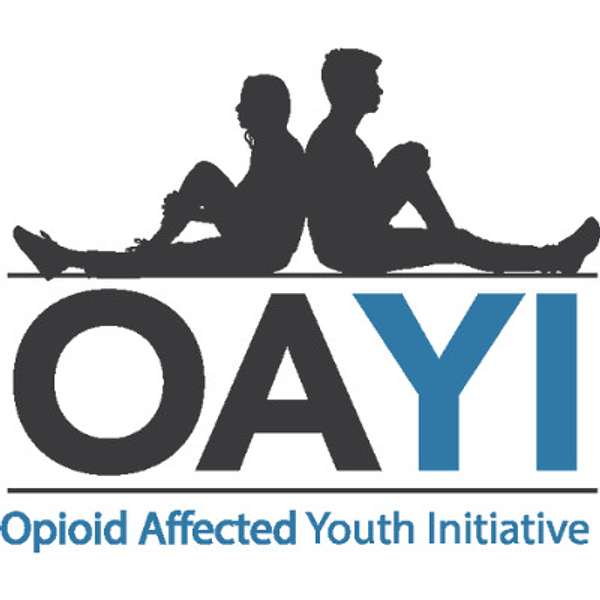
Opioid Affected Youth Initiative: Answering the Call
Answering the Call is a nine-segment podcast series that seeks to examine the roles and perspectives of first responders, marginalized communities, legal systems, and the role of the United States Department of Justice, Office of Juvenile Justice and Delinquency Prevention (OJJDP) in this crisis. The Opioid Affected Youth Initiative (OAYI) supports juvenile and criminal justice systems to address the needs of youth impacted by opioids and reduce juvenile justice and foster care system involvement.This project is supported by Cooperative Agreement #15PJDP-21-GK-03630-JJOP, awarded by the Office of Juvenile Justice and Delinquency Prevention, Office of Justice Programs, U.S. Department of Justice. Disclaimer: The opinions, findings, and conclusions or recommendations expressed in this presentation are those of the author(s) and do not necessarily reflect those of the U.S. Department of Justice.This project is managed by the Institute for Intergovernmental Research (IIR).
Opioid Affected Youth Initiative: Answering the Call
Episode 7: An OJJDP Perspective: Enhancing Mitigation and Supports
The Opioid Affected Youth Initiative’s nine-segment podcast series, Answering the Call, seeks to examine the roles and perspectives of first responders, marginalized communities, and justice systems, as well as the role of the Office of Juvenile Justice and Delinquency Prevention, in the opioid crisis.
The Office of Juvenile Justice and Delinquency Prevention (OJJDP) is partnering with states, local jurisdictions, and tribal communities by funding the development and implementation of holistic, innovative programs that incorporate comprehensive and data-driven strategies for addressing the needs of youth and families impacted by the opioid epidemic and other substance misuse. In this episode, “An OJJDP Perspective: Enhancing Mitigation and Support,” Deputy Administrator Chyrl Jones will address OJJDP’s commitment to creating equitable juvenile justice systems that result in safer communities and enable youth to identify positive pathways to success, fostering stronger families and healthier communities.